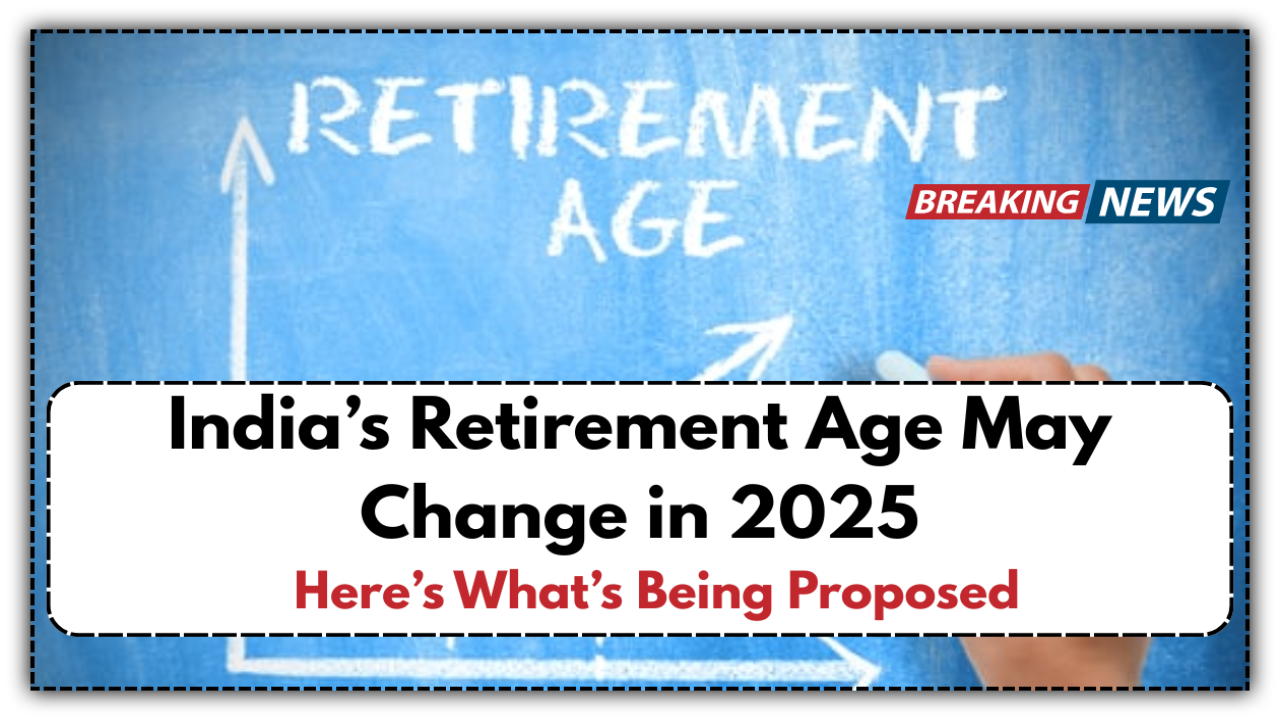The Retirement Bombshell Hitting in 2025—Are You Ready for the New Age Rule?
Alright, let’s talk about something that’s affecting a lot of people—maybe even you or someone you love. Starting in 2025, the age to get your full Social Security benefits is going up again. If you were born in 1960 or later, your full retirement age is now 67.
Yep, that’s two extra years compared to what your parents or older coworkers had. And if you’re planning on retiring soon, this could change your timeline more than you think.
So let’s break it down in a way that actually makes sense.
Wait… What Is “Full Retirement Age”?
Basically, full retirement age (FRA) is when you can start getting your complete Social Security check—nothing reduced, no penalties.
It used to be 65 across the board. But over the years, the government has been slowly nudging it up. And now, in 2025, we’ve reached the point where 67 is the new normal—at least for anyone born in 1960 or later.
So if you’re turning 65 this year and thought you were about to hit the finish line… surprise! You’ve got two more years to go if you want your full benefit.
Can You Still Retire Early?
Yes, you can still start taking Social Security at age 62. That hasn’t changed.
But—and this is important—your check will be permanently smaller. Like, up to 30% less than what you’d get if you waited until 67.
So if you need the money or you’re just done with working, early retirement might still be the right move for you. Just go into it knowing that your future monthly income will take a hit.

What Happens If You Wait?
Now, on the flip side—if you wait until after 67 to start collecting, Social Security actually gives you a little reward.
For every year you delay, your monthly check gets bigger—about 8% more per year, up until age 70. So if you’re healthy, still working, or just want more income down the road, waiting could pay off in a big way.
Why Are They Doing This?
The short version? People are living longer, and Social Security is under pressure.
-
Back when this system was created, people didn’t live as long as they do now. These days, someone retiring at 65 might live 20+ years in retirement. That’s a lot of monthly checks to send.
-
There are also fewer workers supporting each retiree now, which means less money coming into the system.
So the government’s way of adjusting is by raising the retirement age bit by bit to help keep the system going.
What Should You Do?
Look, this change isn’t the end of the world—but it does mean it’s time to take a good, honest look at your retirement game plan.
Here’s what you can do:
-
Check your Social Security statement online (just go to ssa.gov). It’ll show you exactly what your benefit looks like at different ages.
-
Think through your timing. What makes sense for you and your lifestyle? Could you wait a bit? Or do you need to tap in early?
-
Talk to someone if you can. A financial advisor, a nonprofit counselor, or even a savvy friend can help you figure out a plan that feels right.
So yeah, full retirement age is now 67 if you were born in 1960 or later. It’s not ideal, but it’s also not a disaster—as long as you plan ahead.
The biggest mistake? Ignoring it and getting caught off guard.
This is your retirement, your money, your future. The more you know now, the better choices you can make—whether that means retiring early, holding off for a bigger check, or just tweaking your plan a bit.
And hey—if you’re feeling overwhelmed, you’re definitely not alone. Lots of people are trying to figure this out. You’ve got this—and I’ve got your back if you need help walking through it.


Comments are closed, but trackbacks and pingbacks are open.